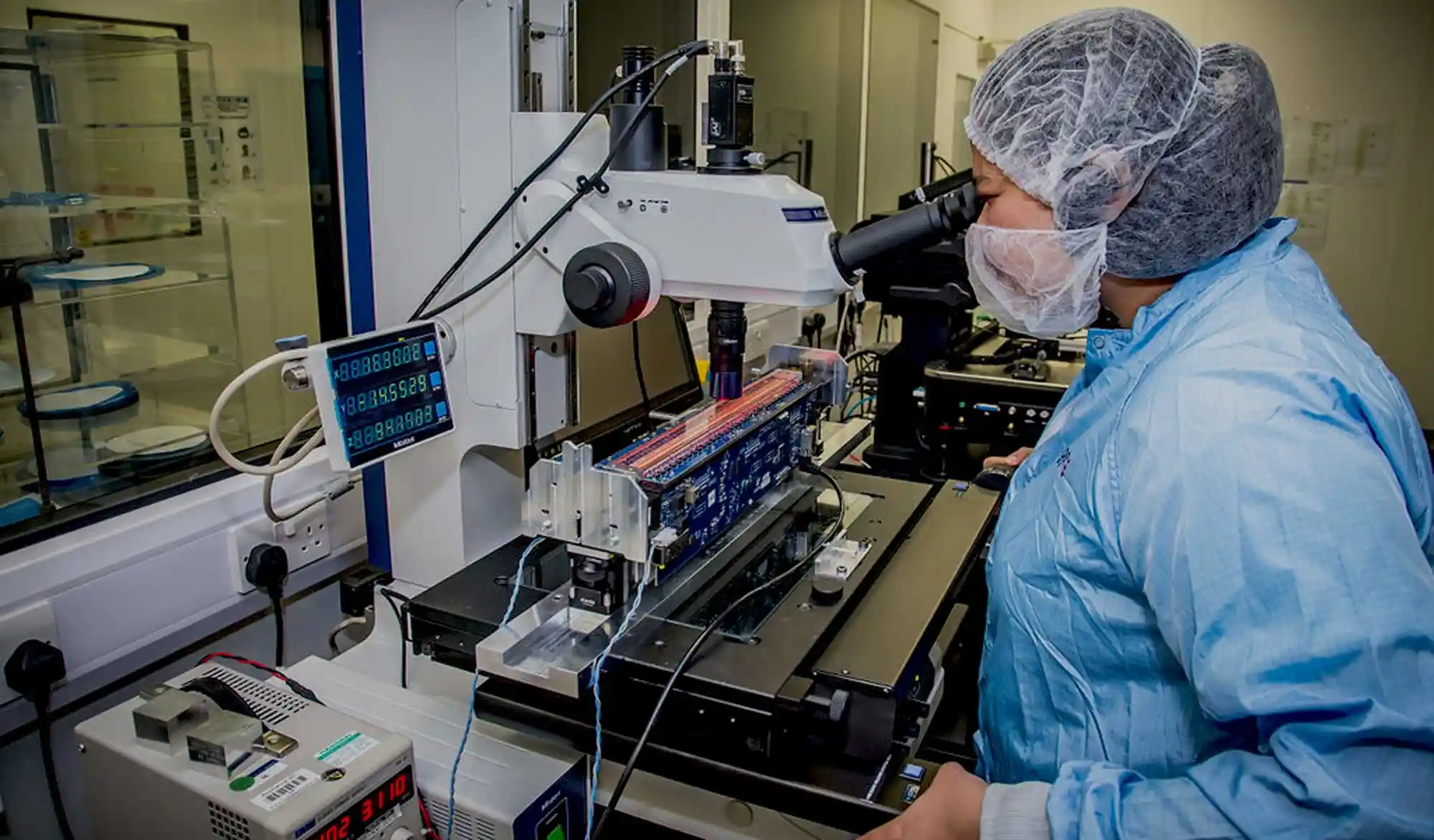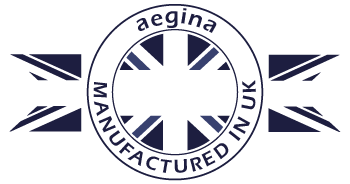Water is essential for life. It’s no wonder, then, that water filters have become increasingly popular in recent years. They come in all shapes, sizes, and designs, but do they work? This blog post will answer this question by providing an overview of how water filters work and why they are important for keeping you hydrated and healthy.
Why Use A Water Filter?
Water filters are designed to filter out impurities from your drinking water supply, such as chemicals like chlorine or lead. Chemical contamination can occur naturally from the environment or through human activities such as industrial waste disposal and agricultural runoff. Having a water filter in your home helps ensure that these contaminants are removed before you drink it.
Types Of Water Filters
There are several types of water filters available on the market today. The most common type is activated carbon filters, which use activated carbon to reduce levels of chlorine, sediment, heavy metals and other contaminants in the water. Carbon filtration systems typically come with a variety of different filter cartridges that can be used to target specific contaminants depending on your needs.
Other types of water treatment systems include reverse osmosis systems which use pressure to force the water through a semi-permeable membrane to remove certain molecules; ultraviolet (UV) light systems which use UV light to kill bacteria; and distillation systems which evaporate the water and then re-condense it into purified form.
Are They Effective?
The effectiveness of a particular filter depends on what type of filter it is and what chemical contaminants it is designed to remove from the water. Generally speaking, whole-house systems are more effective than individual faucet-mounted units.
Whole house systems usually contain more filtering material than their smaller counterparts and can therefore filter out more contaminants from your drinking water. However, even some faucet-mounted units can be very effective at reducing levels of lead, chlorine, and other common contaminants in tap water.

How Do Water Filters Work?
No matter what type of filter system you choose, they all essentially work the same way – by passing dirty water through a series of filtration media that removes impurities from the liquid before returning it to you clean and safe for drinking.
Filtration media includes activated charcoal particles, ceramic pellets or sand grains that act as tiny sponges that absorb impurities from the liquid as it passes through them. Depending on the type of system you have installed in your home, additional processes like UV light exposure or reverse osmosis may also take place during this process as well.
What Should I Look For In A Water Filter?
When choosing a filter for your home or office, look for one that has been certified by an independent testing organisation such as NSF International or the Water Quality Association (WQA). These organisations test filters for safety and effectiveness so you can be sure that your chosen filter will do what it claims to do – purify your drinking water!
Additionally, you should check to see if the filter has replaceable cartridges – this will ensure that you get the most out of your purchase over time as you won’t have to buy an entirely new unit every few months or years when the cartridges need replacing.
Read More: Widely Reported Facts on drinking water
The Disadvantages of Tap Water
Some of the potential issues associated with using regular tap water are:
Unregulated Contaminants
The primary disadvantage of using tap water is that in many areas, it is not strictly regulated. This means that contaminants such as lead, arsenic, and other chemicals may be present in your drinking water.
While the Environmental Protection Agency (EPA) sets standards for what levels of these contaminants are considered safe, they do not always monitor or test for them regularly. As a result, you could be consuming contaminated tap water without even realizing it.
Chlorine Taste And Smell
Another downside to tap water is that it often has an unpleasant taste and smell due to chlorine being added during the purification process. Chlorine is used to disinfect the water and make it safe for consumption; however, this can also result in your tap water having an off-putting taste or smell when compared to bottled alternatives.
Disruptive Minerals
Finally, while minerals such as calcium and magnesium are beneficial for your health when consumed in moderation, they can also become disruptive when found in high concentrations in your drinking water. These minerals can cause scaling on pipes and fixtures over time which can limit the flow rate of your taps and eventually damage them if left unchecked.
Additionally, these minerals can also cause staining on surfaces around sinks or showers due to their acidic nature when mixed with air or other substances like soap residue. To mitigate this issue, you can purchase a filtration system that removes hard minerals from your taps before they enter your home’s plumbing system.
Read More: UVC LED Class A Clean Pure Drinking Water
The Benefits Of Filtered Water For Your Health And Home

Improved Taste And Odor
One of the most obvious benefits of using a filtering system is the improved taste and odour. Filters are designed to remove contaminants like chlorine and other chemicals that can give your water an unpleasant taste or smell. By removing these impurities, you will have much better-tasting water that is free from any off-putting odours.
No Harmful Contaminants
Using a filtering system in your home also means that you don’t have to worry about ingesting any harmful contaminants from your tap water. Filters are designed to remove pollutants like lead, pesticides, nitrates, arsenic, and other dangerous chemicals found in tap water. This ensures that you are only consuming clean and safe drinking water at all times.
Saves Money
Another great benefit of using filtered water is that it can save you money in the long run. Filtering systems can be pricey upfront but they will pay for themselves over time as you won’t have to buy bottled water anymore. Not only does this mean less waste but it also means more money saved for other things!
Environmental Benefits
water filtration systems also have environmental benefits as well. Most filters are designed to trap large particles such as dirt or debris before they enter our waterways or oceans. This prevents pollutants from entering our streams and rivers which can have detrimental effects on local ecosystems and wildlife habitats.
Additionally, using filtered pitchers or faucet-mounted systems instead of bottled water reduces plastic waste significantly since most filters don’t require any additional packaging beyond what comes with their initial purchase.
Read More: How many plastic bottles can we save?
Is A Water Filter Enough though?
It is critical to purify your drinking water, especially if it comes from an unknown source of water. Typically, unknown sources of water contain bugs and viruses such as e-coli, and the only way to truly eradicate the virus or the bugs in your water is with some type of uv light.
We’ve spent three years developing the uvc led unit from Aegina, and now it’s time to bring it to market. The end result is pure water to 99.9% purity.
We are the only firm in the world that manufactures a uvc led unit that provides 99% pure drinking water!
Conclusion
Water filters are an effective way to make sure your tap water is safe for consumption while also minimizing environmental impacts by reducing chemical runoff into our waterways. With so many different types available on the market today, there is sure to be one that fits your needs perfectly! So if you’re looking for an easy way to keep yourself hydrated and healthy at home – consider investing in a quality water filter today!













